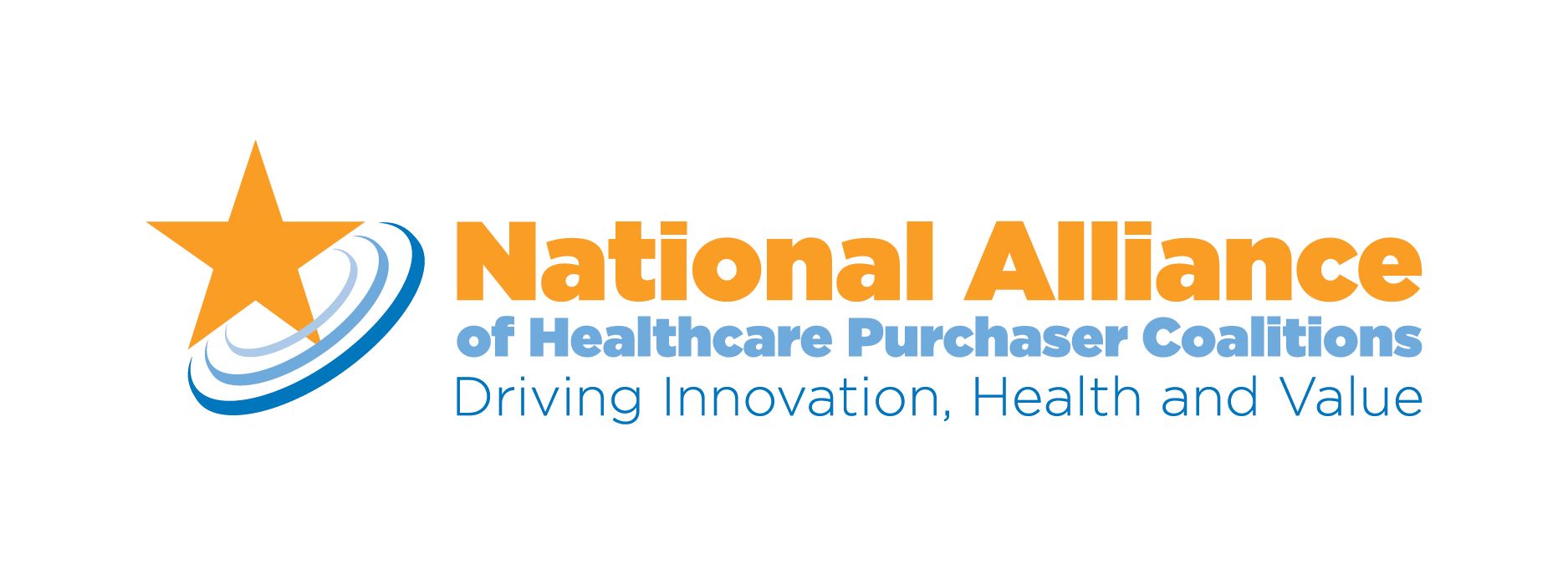
Margaret Rehayem Discusses How Employers Should Look at Their Humira Biosimilar Strategy

Oncology has been an easy area for employers to adopt biosimilars because of the rising costs in the space, said Margaret Rehayem, vice president, National Alliance of Healthcare Purchaser Coalitions. Now that multiple adalimumab (Humira) biosimilars are hitting the US market, employers should take a step back to review their current strategy around the drug.
Oncology has been an easy area for employers to adopt biosimilars because of the rising costs in the space, said Margaret Rehayem, vice president, National Alliance of Healthcare Purchaser Coalitions. Now that multiple adalimumab (Humira) biosimilars are hitting the US market, employers should take a step back to review their current strategy around the drug.
Transcript
The oncology space has the most biosimilar approvals and the greatest uptake right now among providers. Are you seeing comfort levels with using biosimilars vary among employers depending on the disease state?
I think there are some employers that are more comfortable depending on disease state. Some just blanket want to be able to have biosimilars on formulary in general. But I think as the market grows here, the familiarity around biosimilars, that conversation becomes easier for employers, there will be more traction across more disease states. Oncology is an easy one, because employers have really over time wanted to get out of the way, not to have any barriers at all around medications and treatments. But the costs are really rising in that space, too. So, they have to balance affordability.
This year, at least 8—and as many as 10—Humira biosimilars are going to hit the US market. Is there a challenge for employers to manage so much competition hitting all at once?
Yes, is the short answer. And I know you don't want me to stop there. I think employers that were in our learning collaborative, that this was what their number 1 issue, as we're moving into 2023: is what can and should they be doing?
There are a number of strategies that we highlight in our playbook for them to take a look at and consider as they're looking at their strategy. But one of them is really going back and asking their PBM [pharmacy benefit manager] what they're currently looking to do with Humira? What is currently their strategy around that? And does that really fit the employer’s needs?
They almost have to step back a little bit and see what their health plan and PBM are looking to do, and then really put in place what's necessary moving forward. This is not going to be something that is a cookie cutter approach. It's not something that we can say, “Employers just do these 3 things, and you'll be okay.” There are no guarantees here. But what we do want to encourage employers to do is lean in rather than lean back on Humira.
Newsletter
Stay ahead of policy, cost, and value—subscribe to AJMC for expert insights at the intersection of clinical care and health economics.









